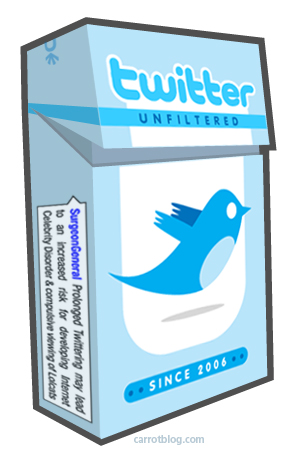
Thyrogen is a damn expensive shot (not always covered by insurance) that simulates the experience of being hypothyroid and allows thyroid cancer patients to undergo full body scans, and sometimes even treatment, while still on their hormones. I have used thyrogen and it is remarkable. While on thyrogen I was able to work and function as a normal human being. It was heaven compared to the other times I had gone hypo without thyrogen and was so fatigued I felt like my marrow hurt, my hands went in and out of paralysis, and I could not physically take care of myself.
So, you can imagine my concern when I learned the FDA announced this week that due to operational manufacturing problems, Genzyme will have to halt production of thyrogen. The injection will be limited to patients whose doctors deem it “medically necessary.” Here is what medical necessity is based on:
1. Patients undergoing initial radioiodine ablation of thyroid tissue remnants, post-thyroidectomy, deemed to be at significantly increased risk of side-effects/complications from undergoing thyroid hormone withdrawal.
2. Follow-up testing of patients considered high risk for thyroid cancer recurrence (those with 1. macroscopic tumor invasion, 2. incomplete tumor resection, 3. distant metastases, and possibly 4. thyroglobulinemia out of proportion to what is seen on the post‑treatment scan) and who have unmeasurable basal thyroglobulin (Tg) levels and are deemed to be at significantly increased risk of side-effects/complications from undergoing thyroid hormone withdrawal.
The FDA has complete information listed here about what qualifies as increased risk of side-effects and complications. If you are concerned about obtaining thyrogen, read the linked info, print it out, take notes, and discuss it with your doctor.
Have you ever gone hypo for full body scans or radioactive iodine treatment? Have you ever used thyrogen before?
To learn more about thyroid cancer, read Everything Changes: The Insider’s Guide to Cancer in Your 20s and 30s.
![]()
![]()



 “Everything Changes is, without doubt, the most forthright, emotionally sophisticated, and plain-old valuable book of its kind I've seen.”
“Everything Changes is, without doubt, the most forthright, emotionally sophisticated, and plain-old valuable book of its kind I've seen.”












